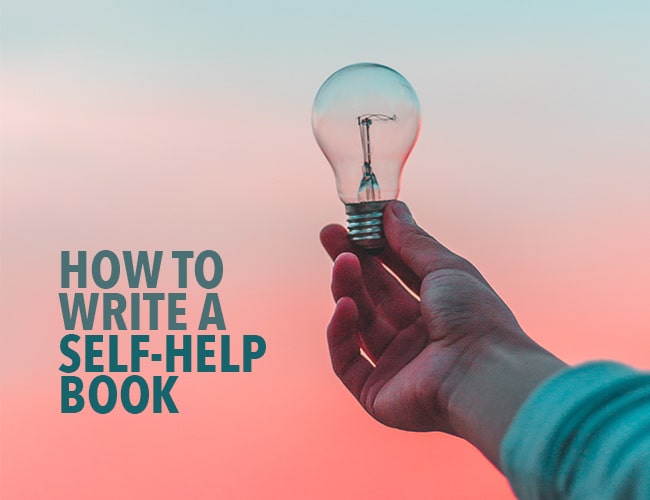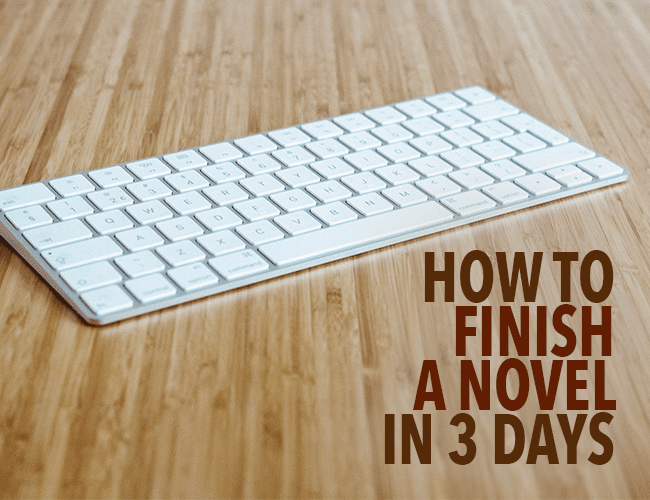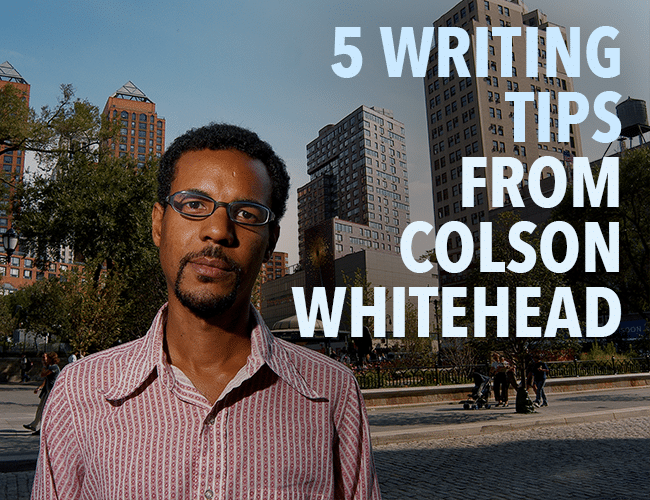
by David Safford |
Do you want to help people? Do you feel a calling to use your writing to be a voice of encouragement to others? Do you want to know how to write a self-help book that will share your stories and wisdom with thousands of readers?
Thanks to the unique life that you’ve lived, only you have access to the treasure trove of experience and knowledge in your heart and mind. Within that trove are lessons that readers need to learn, and only you can teach them.

by David Safford |
At first glance, running and writing don’t seem to go together. Writing involves sitting and thinking, while running involves sweat and suffering. Yet running and writing have a lot in common, and studying one can improve your ability to succeed at the other.

by Joe Bunting |
Ten years ago, I never would have believed I would be able to finish writing a book.
I always wanted to be a writer, but writing was so difficult for me. In middle school, I struggled with every writing assignment. In high school, my friends always got better grades on their essays than I did. I had such a hard time writing that I majored in it in college. I felt that if four more years of school couldn’t help me, nothing could.
I don’t think I’m alone in this, either. Many of us struggle to write. Today, I’m unpacking what made writing so hard for me as well as the strategies I’ve developed over the years.

by Monica M. Clark |
National Novel Writing Month (NaNoWriMo) ends on Thursday. That means you have to figure out how to finish a novel . . . in three days.
Let’s get the bad news out of the way first—you might not make it.
The good news is that it’s not impossible. With the right strategy and enough determination, you can finish writing your book and win NaNoWriMo.

by The Magic Violinist |
An argument can be made that the beginning of any story is the most important. It is the first part your readers will encounter and it is what potential agents and publishers will read in order to determine if your project is right for them. But do you know how to start a story? What’s the perfect opening?

by Monica M. Clark |
A couple weeks ago, I attended an author talk with Colson Whitehead at Politics & Prose in D.C.
The author has been writing novels for 18 years, but recently he’s been getting a lot of attention because his new book, The Underground Railroad, was inducted into Oprah’s coveted Book Club. The book is about the escape from slavery to freedom in the antebellum south, but it also has fantastical elements—a literal underground railroad that exposes the protagonist to different worlds at each station.
Here are five tips I gleaned from his talk.









